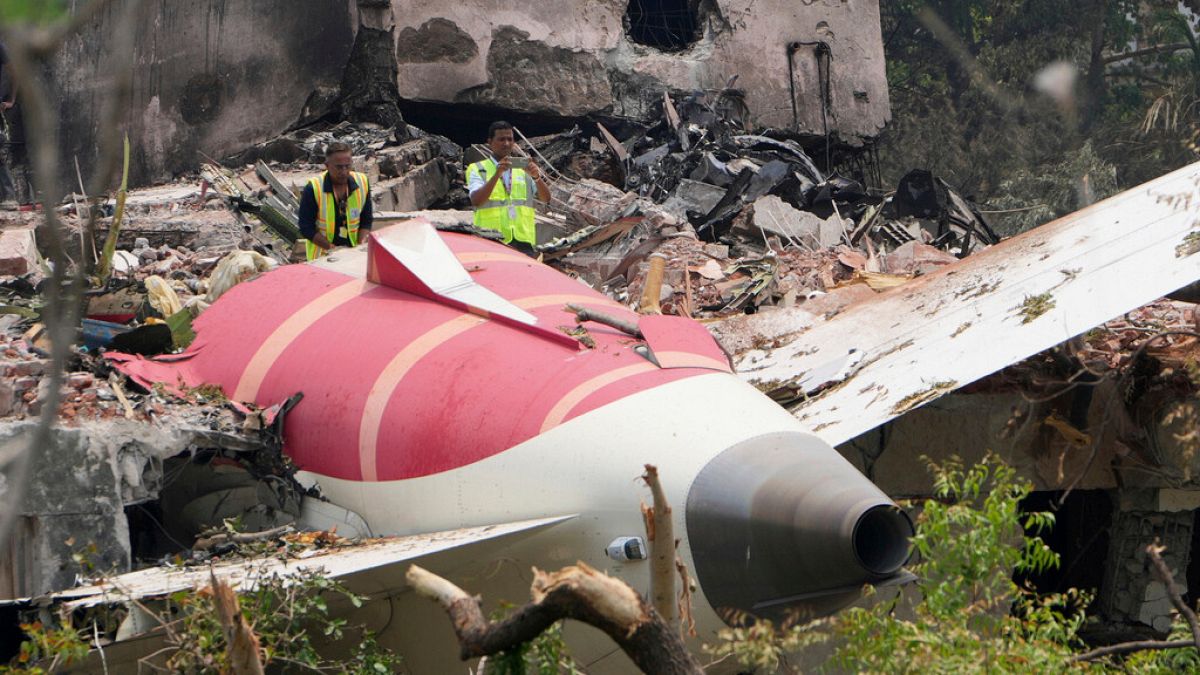

In the past week, significant events across different continents have captured global attention, underscoring both challenges and responses in several sectors. From aviation safety to economic pressures, and geopolitical developments, each narrative unfolds a unique aspect of contemporary life.
In India, a tragic incident has stirred the aviation community. A preliminary report revealed that a London-bound Air India Boeing 787 experienced engine fuel cutoff moments before crashing near Ahmedabad on June 12. Out of 230 passengers, only one survived. This incident raises pressing questions about airline safety and regulations, prompting a deeper investigation by aviation authorities to prevent future mishaps.
Meanwhile, in Gaza, the ongoing economic crisis has intensified due to a severe cash shortage. With banks closed and ATMs non-operational, Gazans are resorting to money repair services and cash brokers, whose commissions have soared to as high as 40%. This predicament not only highlights the financial strife in the region but also emphasizes the need for sustainable solutions to bolster the local economy amid growing hardships.
Shifting to South America, Colombia’s naval forces made a notable breakthrough in their fight against drug trafficking. The Colombian navy successfully intercepted an autonomous semisubmersible narco submarine in its territorial waters, marking the first capture of such a vessel. Although no narcotics were found onboard this time, and it was devoid of any crew, its discovery signifies an alarming evolution in drug trafficking operations, necessitating innovative countermeasures by authorities.
In the Middle East, tensions have escalated following a deadly incident in the occupied West Bank. A family has mourned the loss of Sayfollah “Saif” Musallet, a 20-year-old Palestinian-American, who was reportedly assaulted by Israeli settlers while visiting relatives. The delay in emergency response has heightened concerns over the security situation in the region and the broader geopolitical ramifications.
Back in the United States, discussions around detention practices have surfaced, particularly concerning Florida’s facility controversially dubbed ‘Alligator Alcatraz’. Criticism from Miami Archbishop Thomas Wenski underscores calls for more humane and financially sensible legal pathways for detainees. Concurrently, the Trump administration’s reorganization within the US State Department has led to significant job cuts, a move viewed by some as potentially reducing American influence abroad. Additionally, the cessation of nearly $15 million in research into Pfas contamination highlights a shift in federal priorities with significant environmental and public health implications.
As these stories reveal, the geopolitical, economic, and environmental landscapes are continually evolving. Each event, while challenging, offers an opportunity for learning and adaptation, which could shape constructive dialogue and actions in the future.
Source: {link}
